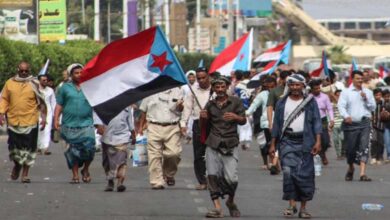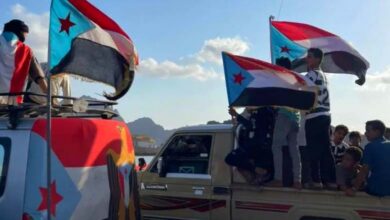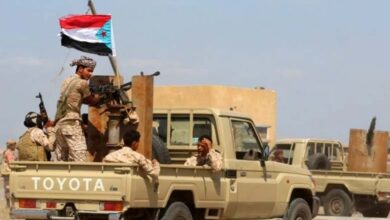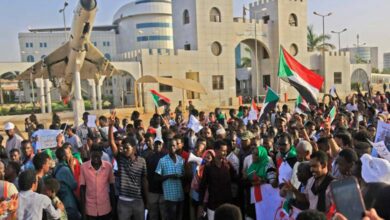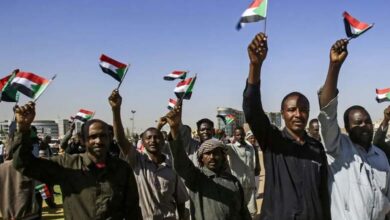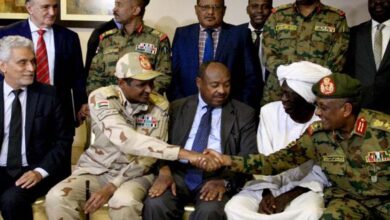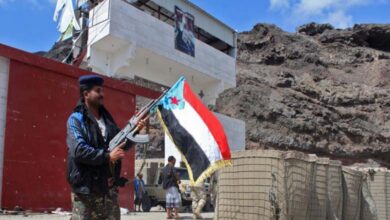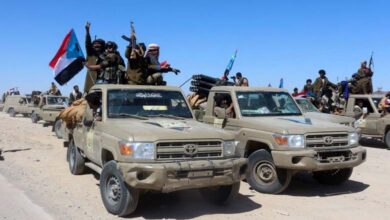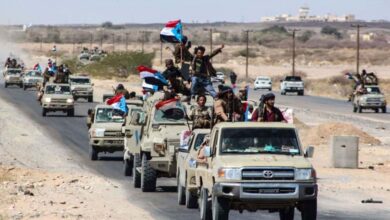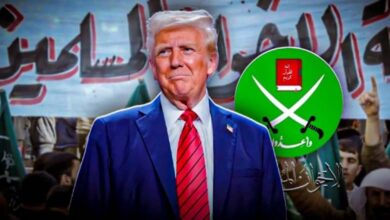Washington’s Messages to Khartoum: No Immunity for Warlords under the State’s Cover
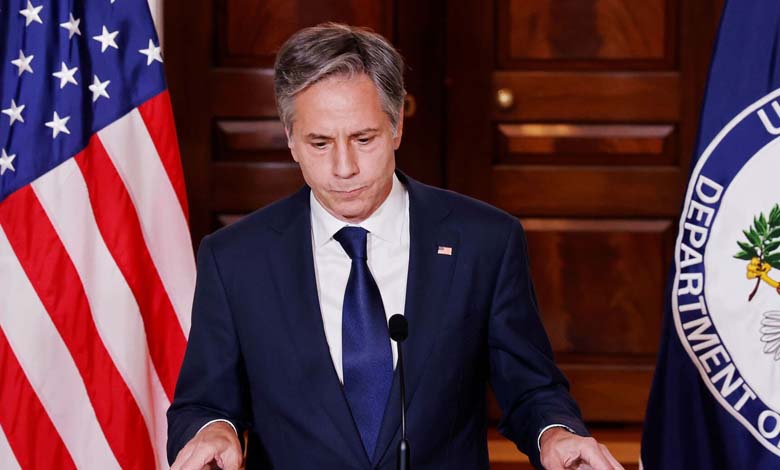
The U.S. decision to impose sanctions on Sudan’s Finance Minister Jibril Ibrahim and the “Al-Baraa Ibn Malik Battalion” is far from a routine move. This step comes at a time when Sudan is navigating one of the most complex phases since independence, where civil war intersects with regional rivalries and international interests. Sanctions, therefore, are not merely an economic tool; they form part of a new political equation Washington seeks to shape in Sudan.
-
Sudan… Washington sanctions Jibril Ibrahim and the “Al-Baraa ibn Malik” brigade
-
U.S. Sanctions on Jibril Ibrahim and the al-Baraa ibn Malik Corps: Messages Beyond Sudan
Jibril Ibrahim: The Minister Who Never Left the Movement’s Shadow
Rising from the ranks of the Justice and Equality Movement to become Minister of Finance, Jibril Ibrahim has remained trapped in a dual role: a state official and an armed group leader. For the United States, this duality poses a double threat: state resources potentially funneled into militia activities, and a sovereign institution turned into a platform to fuel conflict. Sanctioning him is thus not only a personal measure but also a message to Darfuri armed groups: holding office does not grant international immunity.
The “Al-Baraa Ibn Malik Battalion”: The Rise of Ideological Rhetoric
Sudan’s most pressing danger today lies not only in the confrontation between the army and the Rapid Support Forces but also in the growing presence of ideologically driven factions employing religious symbolism in war. The “Al-Baraa Ibn Malik Battalion” embodies this trend, invoking “jihad” in a conflict that is essentially political and economic in nature. Its designation under sanctions reflects U.S. fears that Sudan could evolve into a new hotspot for extremism, especially given its strategic location in the Horn of Africa and near the Red Sea.
-
Al-Khuwai Massacre: Investigation Uncovers Horrific Ethnic Cleansing Crimes in Kordofan by Islamic Movement Militias and Al-Baraa Ibn Malik Group
-
Crime Without Punishment: Investigation into the Massacres by Islamic Movement Militias and Al-Baraa Ibn Malik Forces in Al-Khuwai and Al-Hammadi
The Stated and the Hidden in U.S. Policy
Official rhetoric frames sanctions as a means to cut off war financing and protect civilians. Yet, a deeper political reading suggests broader aims:
- curbing Russian influence, with Sudanese gold serving as a vital channel for Wagner’s networks;
- reshaping the local political landscape by drawing lines between “acceptable” and “unacceptable” actors;
- sending a regional warning to backers of Sudanese factions that continued funding could invite similar sanctions.
-
The Sudanese government undermines the Quartet’s initiative by clinging to war
-
Who Distributes Indulgences? Sudan’s Islamists Celebrate the Return of Ibrahim Beqal
Domestic Implications
Sanctions carry two contradictory internal consequences:
- they undermine Jibril Ibrahim’s image, disrupt his ministry’s functioning, and erode the government’s legitimacy in the eyes of international institutions;
- they arm Washington’s opponents in Sudan with a narrative of “Western conspiracy,” heightening polarization and complicating efforts to form a unified political front.
Possible Scenarios
- intensifying international pressure, with further waves of sanctions targeting other figures and entities, potentially nudging parties toward negotiations;
-
Rapid Support Forces Warn of Islamist Threat to Sudan’s Unity
-
Ethnic Cleansing in Al-Khuwai and Al-Hammadi: A Horrifying Escalation in Sudan’s Militia Warfare
- circumvention of sanctions through regional support and alternative financing, prolonging the conflict while deepening Sudan’s isolation;
- further internal disintegration, should sanctions continue to cripple state structures, paving the way for ideological militias to expand.
The U.S. sanctions on Jibril Ibrahim and the “Al-Baraa Ibn Malik Battalion” represent a turning point in how the international community engages with Sudan’s crisis. They send a clear signal that the world’s patience with warlords is running thin and that domestic legitimacy no longer shields actors from accountability. Yet the critical question remains: will these measures hasten a political solution, or will they push Sudan deeper into isolation and polarization?


